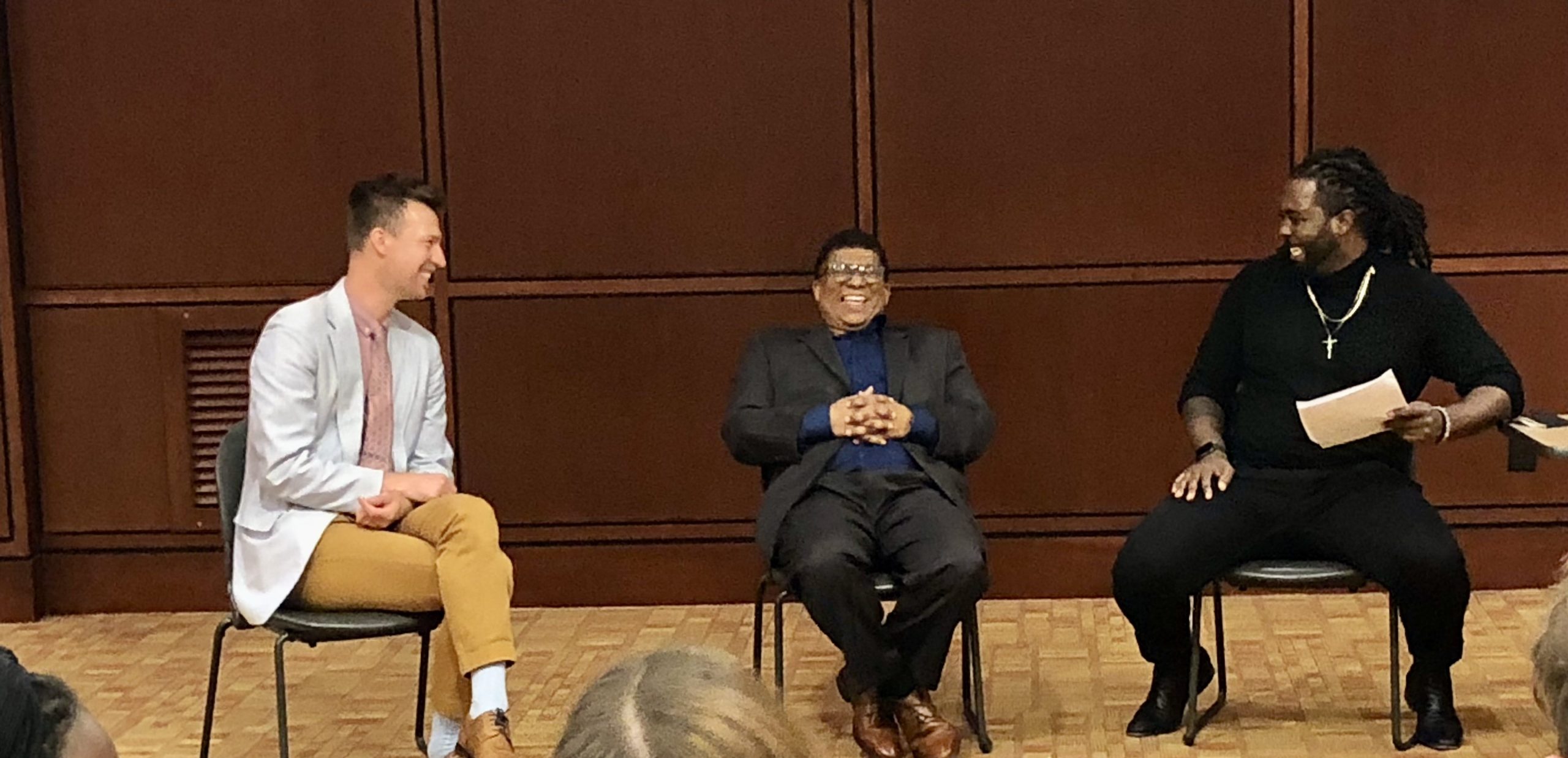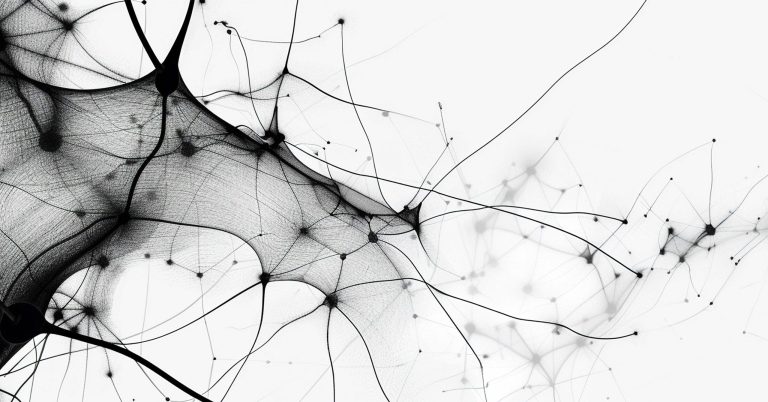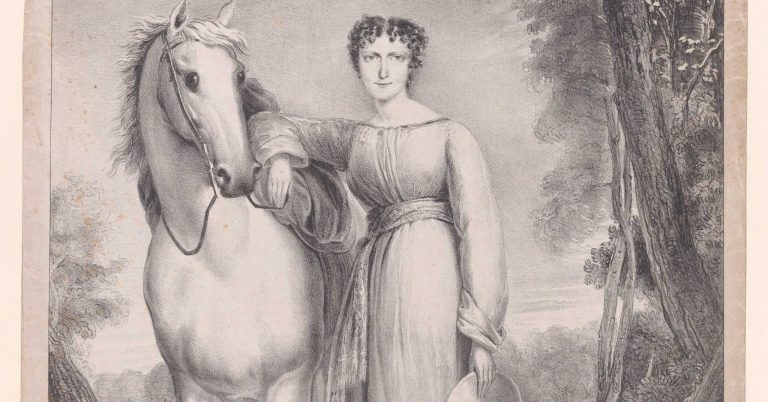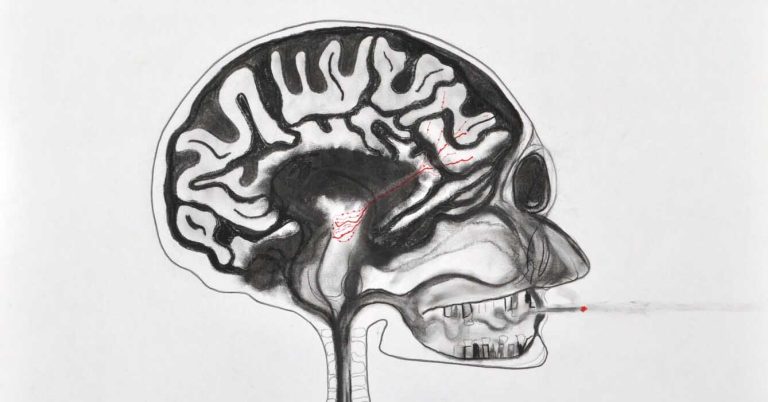
by Biko Mandela Gray and Ryan J. Johnson
The phrase “phenomenology of regular spirit” rolled off the tongue easily, quickly, and thoughtlessly. They didn’t mean anything by it, but perhaps that’s what made it sting even more: the phrase was meaningless, and in that space of non-meaning (or the loss of meaning) there were no ill intentions. How else would one distinguish between two books with such similar titles? On the one hand, there was Hegel’s Phenomenology of Spirit, that text that needs no introduction. And on the other, there was our text, the Phenomenology of Black Spirit. Our text needed an introduction, one that distinguished it from the original, the originary, and therefore the regular. That term, “regular,” made a distinction between Hegel’s text and ours. It may have seemed slight in the person’s mind. It probably was unintentional.
But in the invisible regularity of calling Hegel’s text “regular,” we were reminded of how irregular Blackness and Black people are and have been.
The violence of “regular”
We do not blame the person. We are not here to castigate someone who, in their comfortable normativity, reiterated a norm. We bring up “regular” to speak to its violence: to the ways that what counts as “regular” in the field of philosophy has, is, and will continue to wreak havoc. We, a Black philosopher of religion and a white continental philosopher, wrote Phenomenology of Black Spirit out of concern. We wrote it because there was something bothering us. And at first glance, that concern, that bother, will look like a desire to “fit” Black people within the philosophical canon.
After all, our text stages an encounter between 40 pages (more or less) of Hegel’s Phenomenology and six Black thinkers and actors who span centuries. At first glance, it will look like we wanted to “include” thinkers like Harriet Jacobs, Ida B. Wells, Zora Neale Hurston, Malcolm X, Marcus Garvey, Booker T. Washington, and others into the canon of philosophical thinking. And perhaps that might be a (happy) outgrowth of the text.
But that’s not what we were after.
We were after something else.
And, quiet as it’s kept, we still are.
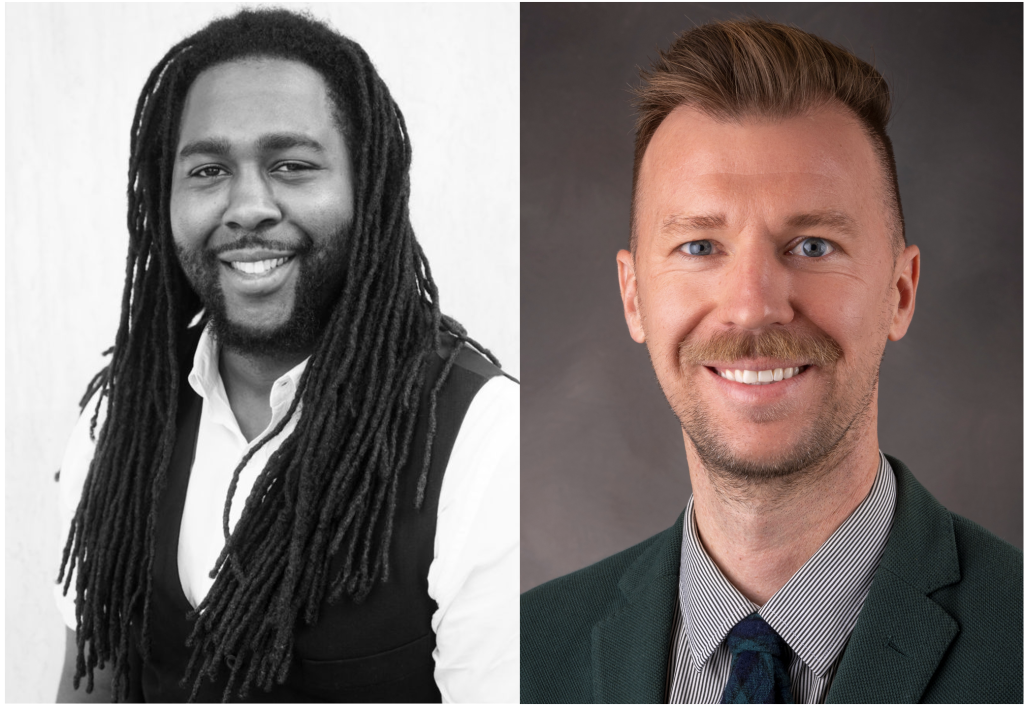
“Our goal was not (simply) to say, these people are philosophers, too”
We’ll confess now: we’re not fully sure what that “something else” is. Yes, we know that much philosophical thinking (in analytic and continental traditions) is premised upon a kind of certainty: one should know what one is after, should have conceptual clarity on what one is thinking and writing. But perhaps there is something clarifying about knowing what you’re not after, knowing what you do not desire. And here, we did not—and still do not—desire a kind of liberal politics of canon inclusion. Our goal was not (simply) to say, “these people are philosophers, too.” For this has not only been done before (and perhaps by better philosophers than us); it subsumes the power, depth, creativity, and critical strength of Black life—of Black lives—to philosophical rubrics.
And the truth is:
- Harriet Jacobs wasn’t an ethicist, regardless of how much she taught us about how we might live
- Ida B. Wells wasn’t an existentialist, no matter how much her work was on life and death
- Du Bois wasn’t a pragmatist, even if his work turned to practice and use
- Marcus Garvey isn’t deemed a political theorist, despite how brilliant his brilliance as an organizer and thinker
We say all this because those we treat here don’t fit. They didn’t fit. They won’t fit. And it is precisely their unfitness that allows us to think about, with, against, and beyond Hegel. Phenomenology of Black Spirit therefore dwells in the uncertain space between black misfit(s) and the regularity of Western philosophical thinking—encapsulated in and through Hegel’s famous and brilliant text.
We dwell here because we were concerned about the “regular” and its violence. The more we read Hegel together, we saw that Hegel was also concerned. Hegel was bothered by something, as Heidegger might say.
“What bothered Hegel was blackness”
In Phenomenology of Black Spirit, we suggest that what bothered him was blackness. As we saw it—and still see it—there is an implicit blackness at the heart of the Phenomenology that we can trace from at least from the Lord–Bondsman (or master–slave) dialectic moving forward. Phenomenology of Black Spirit therefore traces a kind of blackness at the heart of Hegel’s thinking that is both indispensable to his work even as—or because—it disturbs him. To the extent that we show this, only our readers can decide.
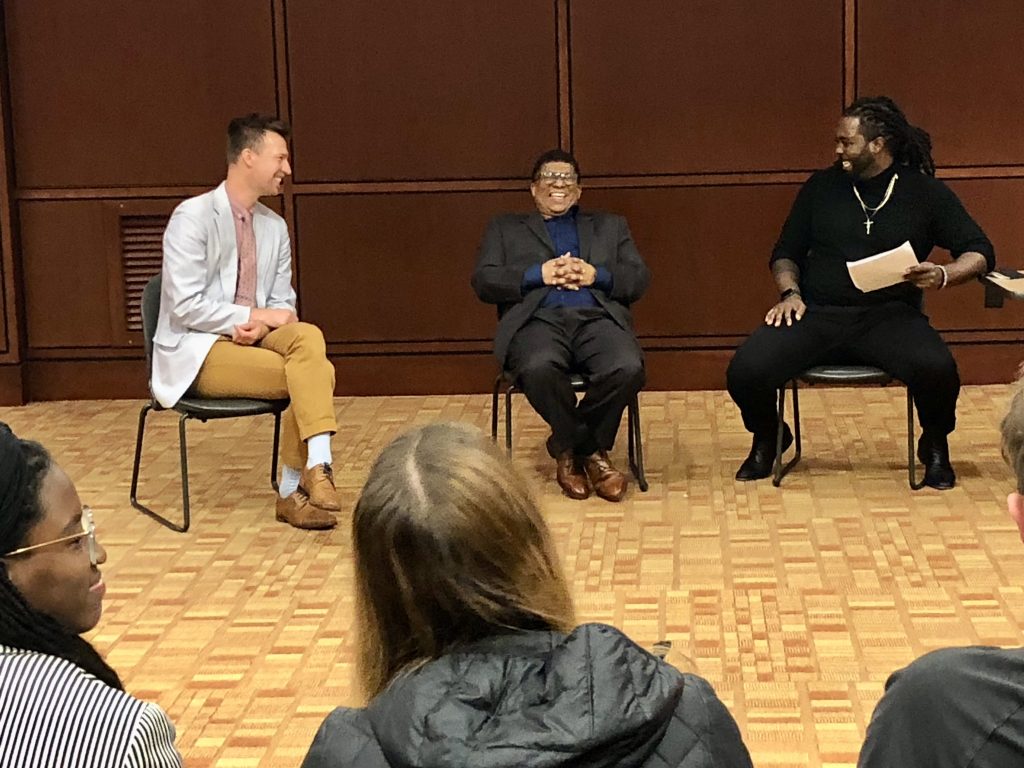
“Universalizing Blackness entails the deaths of Black people”
We’re sure the more faithful Hegelians will probably dispute this claim. Hegel was after universalizable realities, we’re regularly told. And that’s fair. Maybe he was. But one wonders about the nature—and the violence—of universality and what it entails. After all, universalizing Blackness can and does entail the deaths of Black people. In the United States, Black houses are worth less; Black people are more likely to be killed by cops; black women are more prone to painful (and sometimes lethal) childbirths. Universalizing projects are not neutral; they are not innocuous descriptions of reality. As Sylvia Wynter often reminds us, humans have been told a certain set of stories that dominate how we understand reality. We therefore assume these “universalizable” stories are real. And when this happens, we stop interrogating them for their limitations, their assumptions.
Maybe that’s what we were after in this book: maybe we were after the interrogation of normative, “universalizable” stories and their limitations. That is to say, maybe we were after the interrogation of the “regular” and its violence.
Phenomenology of Black Spirit is an effect of this ongoing interrogation. We offer it not as an answer but as an invitation—to continue interrogating the “regular.” We offer this text as an invitation to continue the deep work of reflection.
That is what philosophy is about, after all.
Or so we’re told.
About the book
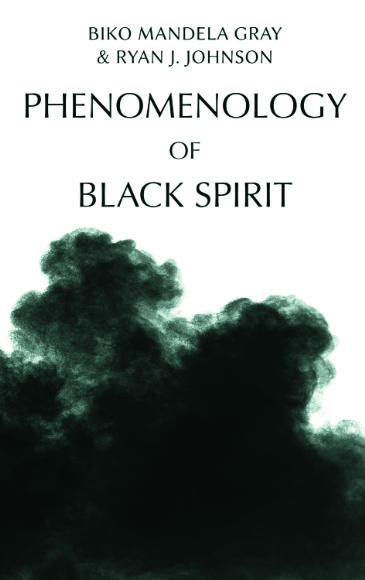
What if the protagonist of Hegel’s Phenomenology were Black?
Ryan Johnson and Biko Mandela Gray study the relationship between Hegel’s Phenomenology of Spirit and Black Thought from Frederick Douglass to Angela Davis
This staging of an elongated dialectical parallelism between Hegel’s classic text and major 19th-20th-century Black thinkers explodes the western canon of philosophy. Johnson and Mandela Gray show that Hegel’s abstract dialectic is transformed and critiqued when put into conversation with the lived dialectics of Black Thought: from Frederick Douglass and Harriet Jacobs through to Malcolm X and Angela Davis.
About the authors
Biko Mandela Gray is Assistant Professor of Religion at Syracuse University. He is the author of Black Life Matter: Blackness, Religion, and the Subject (Duke University Press, 2023). He is co-editor of The Religion of White Rage: White Workers, Religious Fervor, and the Myth of Black Racial Progress (Edinburgh University Press, 2020).
Ryan J. Johnson is Associate Professor of Philosophy at Elon University in North Carolina. He is the author of Deleuze, A Stoic (Edinburgh University Press, 2020) and The Deleuze-Lucretius Encounter (EUP, 2017). He is co-editor of Nietzsche and Epicurus (Bloomsbury, 2020), Contemporary Encounters with Ancient Metaphysics (EUP, 2017) and The Movement of Nothingness (Davies Group Publishers, 2012).
Sign up for our mailing list!
Want to hear more about what we’re publishing? Sign up to our mailing list! You’ll be the first to hear about new books, blog posts and events.


